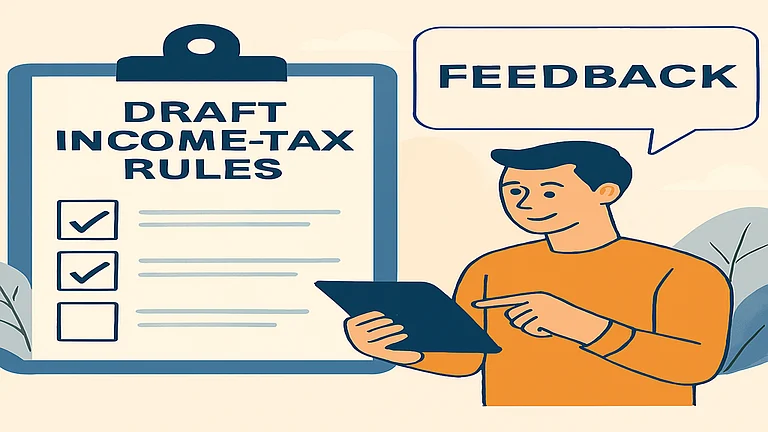According to Harsh Roonngta, Chartered Accountant and a SEBI registered investment advisor, with the advent of financial planning as a profession, detailed spreadsheets are being made to justify how either of the two options (buy or rent) is better than the other in a given set of assumptions. The numbers are not difficult to tabulate. Today, rental yields are at 1.50-2 per cent of the market value of the property and, assuming you are salaried, you can get exemption for your HRA thus making the rentals effectively cheaper. You should factor in an annual escalation in rentals in line with the assumption of increase in property value. On the buy option is the cost of the property, the annual holding cost (such as property tax), availability of relatively lower rate funding due to tax break on interest (ignoring the tax break on principal component of home loan) and, of course, the all-important appreciation in the property value.
When you do the math, you realise the comparison is most sensitive to the opportunity cost of funds. Buying property is a capital-intensive option and what you do with the funds (that you don’t spend on buying) if you choose the rental option will decide the equation. If you assume that you will invest those funds regularly and earn a reasonable return then no matter what aggressive assumptions you take on property appreciation, renting is likely to work out more advantageous, mostly.
Many behavioural economists have pointed out that postponing current pleasure for investment that will reward in the future is not something that comes naturally to human beings and, therefore, creating a commitment to invest is the best way of making sure you invest rather than spend.
Consumers intuitively grasp the fact that the enforced investment of their future earnings due to loan EMIs reduces their discretionary expenditure and hence, they go for buying their own homes as quickly as they can. Remember the quip in social media, ‘If you don’t like your job, take a home loan—you will soon start loving your job.’ What it ignores is that at least you have an asset at the end of taking a loan even if it has not given you the best appreciation.
Even if you disagree with the benefits of enforced saving, there are other reasons that favour a buy rather than rent. All financial calculations ignore the several nonfinancial benefits of buying. The first and foremost benefit is the sense of security that one feels in owning a home even if it entails you paying an arm and a leg in EMIs every month.
So, you should buy your own home irrespective of any fancy calculations that point you in another direction. That, of course, should not stop you from being prudent about the burden you take on and, if you are smart, you will buy a home that fits within your budget (typically, all told cost around 4 to a maximum of 4.5 times your net annual package). Another thing you should bear in mind is that we are talking of a ‘home’, which means you can stay in it and not speculate it as investment in an under construction project.













